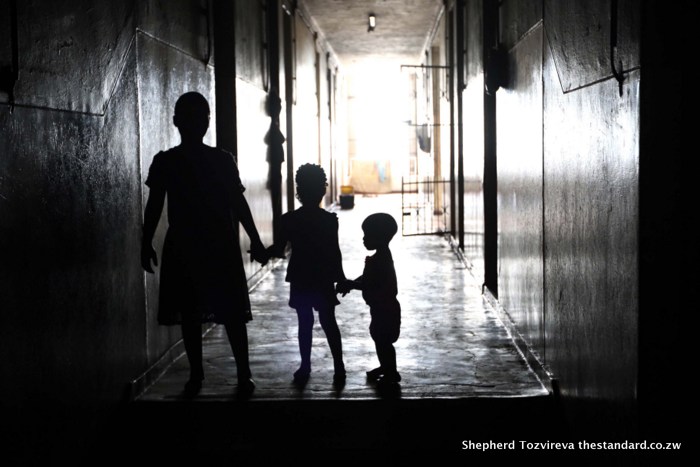
CHILDLINE Zimbabwe says it has received close to five million distress calls in the last decade, mostly involving the sexual abuse of minors.
By Nokuthaba Dlamini
The shocking revelations were made at the just-ended Child Helpline International conference held in Victoria Falls to map strategies to end sexual and physical violence against children by 2030.
Stella Motsi, a member of the Child Helpline International supervisory board in Africa, told journalists that the organisation was intensifying awareness campaigns to fight the scourge of child abuse.
“To date from 2007, we have answered over 4,6 million calls of child abuse in Zimbabwe and we have responded to those cases where we conduct home visits or follow up support,” she said.
“Of those millions, 65% reported cases are related to sexual abuse and early child marriages.
“However, the challenge is that we haven’t been able to get all the cases. for instance, we have people from hard-to-reach areas who are vulnerable but are not able to report cases.”
Motsi said Childline continued to devise strategies to better deal with cases of child abuse, taking advantage of technological advancements.
- Chamisa under fire over US$120K donation
- Mavhunga puts DeMbare into Chibuku quarterfinals
- Pension funds bet on Cabora Bassa oilfields
- Councils defy govt fire tender directive
Keep Reading
“What we have done now, is to introduce dropping in centres in all provinces while we are also in the process of introducing mobile helplines that victims can use to call 116 or send WhatsApp texts,” she said.
“We have also introduced a 116 mobile application online, which can be downloaded freely and used by young people to report cases and interact with others, among other efforts.”
Child Helpline International director Sheila Donavan said the conference discussed various issues related to the rights of children.
Donavan said the millions of reports of abuse they received helped the organisation to lobby policy influencers and effect the changes that improve conditions for children in a meaningful way, both locally and globally.
Motsi said they faced challenges such as lack of resources and full support from the government, hence efforts were being made to seek partners in the private sector.











